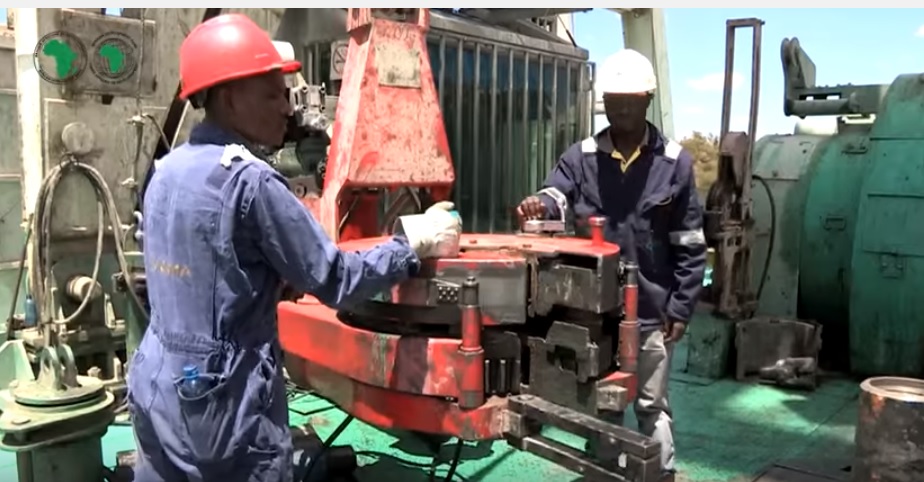
Khartoum, Sudan | AFP |
Africa’s economic growth is expected to dip this year before rebounding in 2017 to remain the world’s second fastest growing region after east Asia, the African Development Bank said Thursday.
Africa’s growth in Gross Domestic Product is expected to fall to 1.9 percent this year from 3.6 percent in 2015, but it will rebound to 3.2 percent next year, the bank said in its 2016 economic outlook report for the continent.
The rebound is expected on the back of a “recovery in the world economy and a gradual rise in commodity prices”, said Abdul Kamara, Sudan representative of the bank, presenting the report in Khartoum.
Despite the current slowing growth rate, the continent remained resilient.
“In countries where weather conditions were favourable, agriculture boosted growth, but drought or floods slowed down growth in countries in east and southern Africa,” the bank said in a statement.
“In resource-rich countries, growth slowed down as lower commodity prices strained government budgets and affected investment.”
In 2015, east Africa recorded the highest growth, at 6.3 percent, and South Africa’s 2.2 percent was the lowest.
Fears had grown that the South African economy — Africa’s largest — was teetering on the brink of recession after a surprise dip in GDP growth in the first three months of 2016.
But official statistics show its economy grew 3.3 percent in the second quarter of this year.
The economy has struggled amid political scandals that hit the rand, as well as high inflation, high unemployment and a record drought that ravaged the agricultural sector.
The African Development Bank said that despite US trade sanctions, Sudan’s economy is expected to grow more than six percent in 2016 and 2017, driven primarily by agriculture, extractive industries and services.
“But the country needs a coherent urban development strategy to cope with population growth, the internal displacements of people due to residual conflicts and the current feeble urban-rural linkage,” it said.
Sudan has been subject to a US trade embargo since 1997 for its alleged support for Islamist groups, and the conflict in Darfur has been given as a reason against lifting sanctions.
More than 300,000 people have died in Darfur since 2003, according to UN figures.
Overall, growth in Africa is very much “alive”, Kamara told AFP. “What is important is that Africa should not be complacent.”
 The Independent Uganda: You get the Truth we Pay the Price
The Independent Uganda: You get the Truth we Pay the Price






